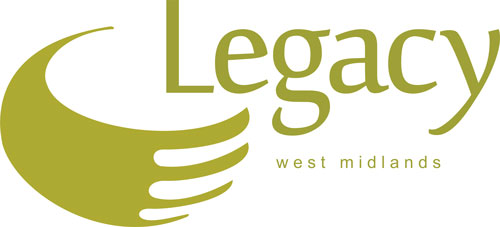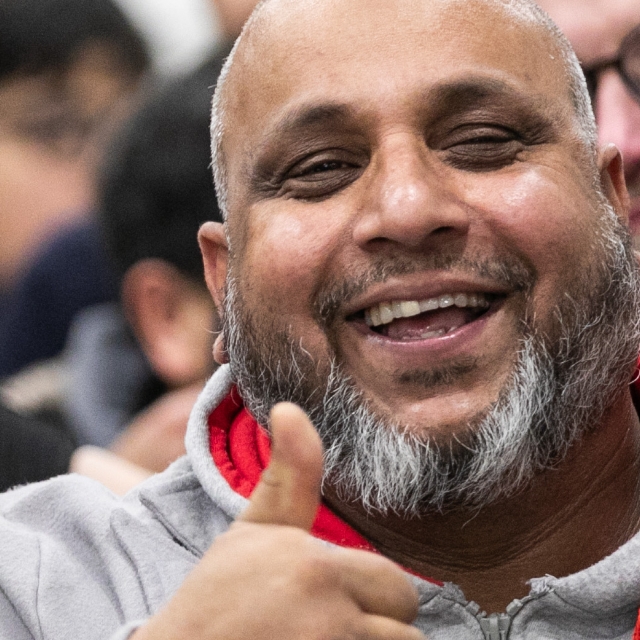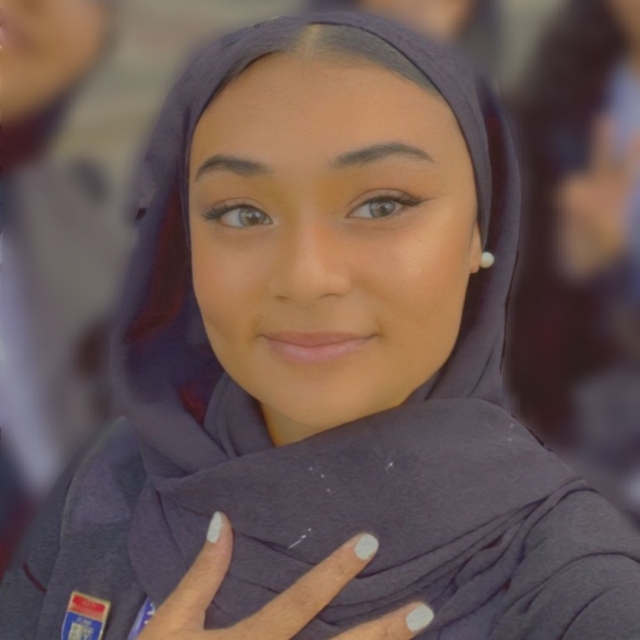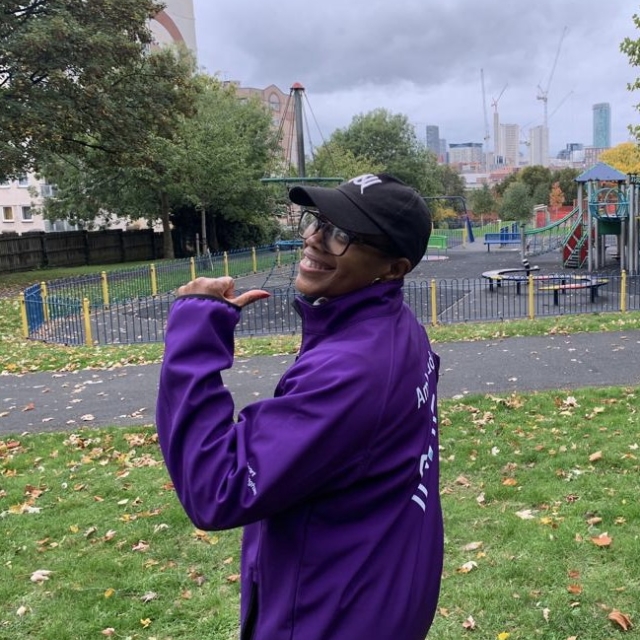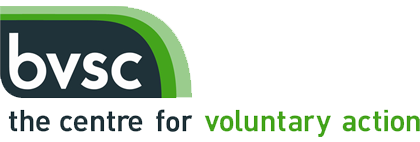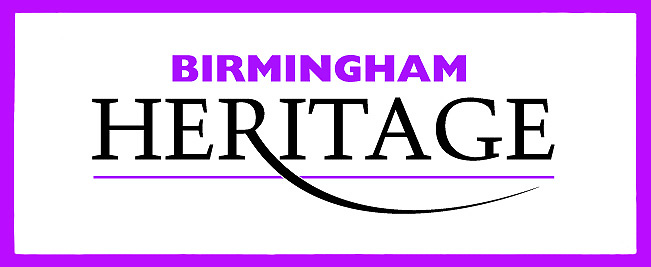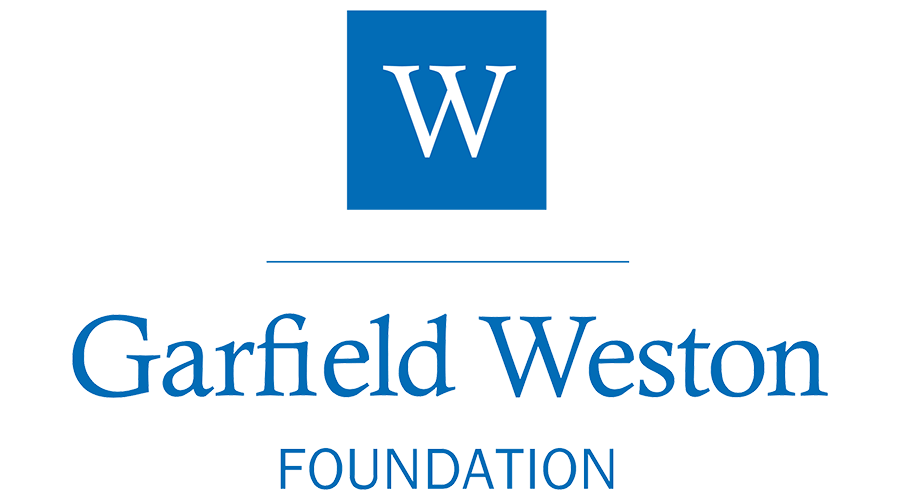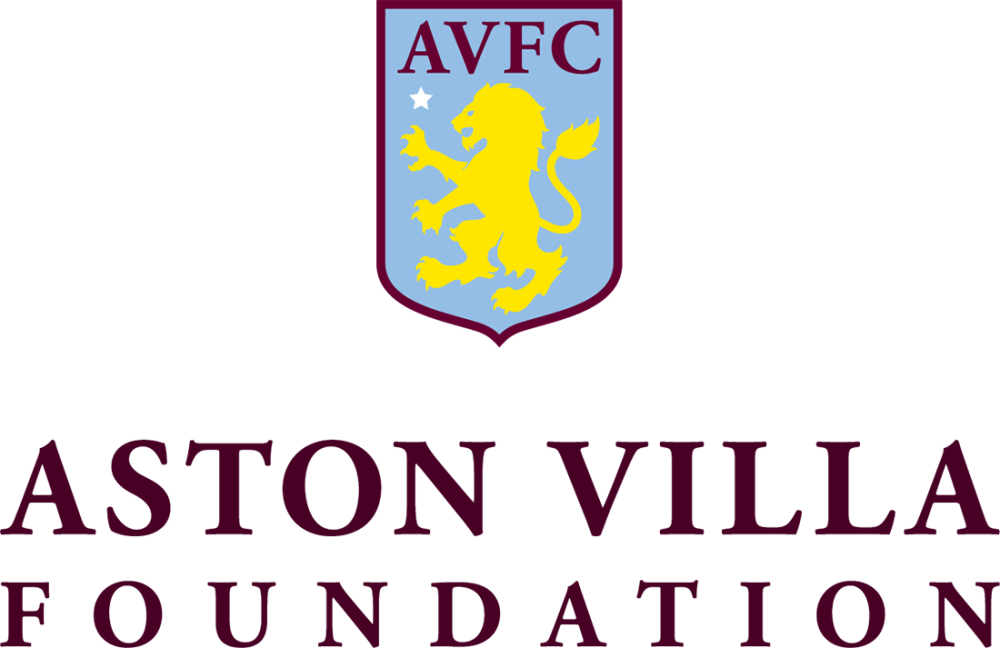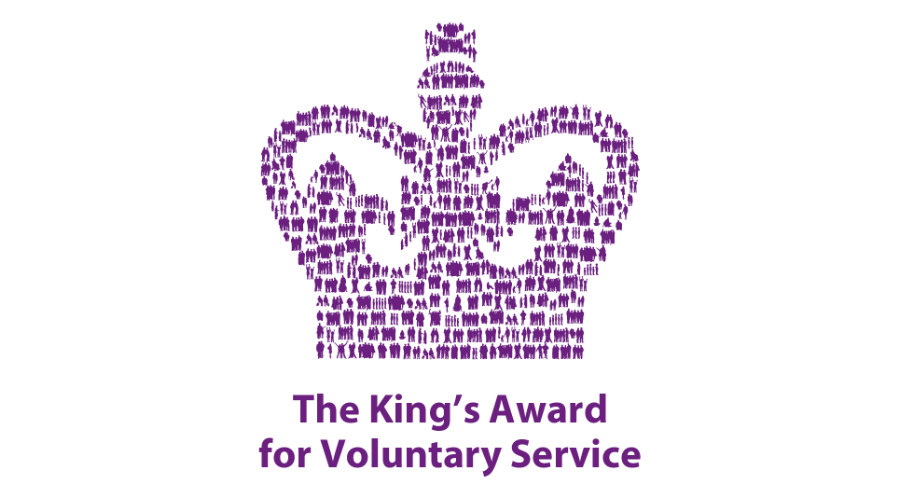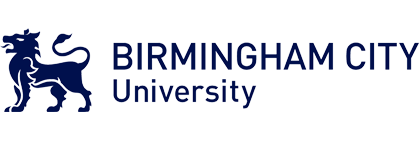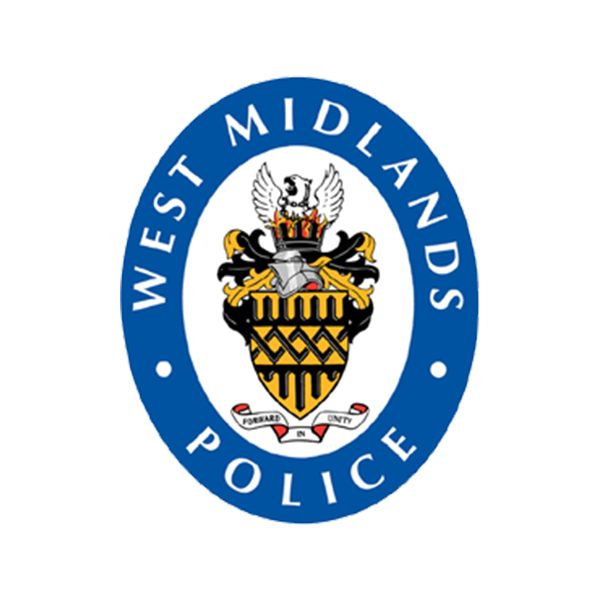Our Story
Legacy West Midlands was founded by Aftab Rahman, a community practitioner with experience running grassroots organisations. Aftab wanted to help recognise and celebrate the lives of local people, including those who made journeys from across the world to settle in Birmingham. Legacy WM began life as a constituted group with help from individuals generously donating their time and expertise to this new organisation.
Our first funded project was Bangla Food Journeys, celebrating the vibrant cuisine of Bangladesh in all its sumptuous colour and flavour. With support from the National Lottery Heritage Fund, we explored how some of our favourite dishes made it to the UK, and interviewed the culinary pioneers that brought favourite recipes with them to start a new life.

Legacy WM became a Registered Charity, enabling us to expand our team and deliver more ambitious projects.

Legacy WM began to operate its own heritage trails, focused on local history, architecture and culture. A fascinating blend of historical roots and contemporary details, our heritage trails have gone from strength to strength. We also undertook a feasibility study funded by NLHF and Natwest to explore the potential of a People’s Heritage & Arts Centre here in Birmingham. Although this concept did not progress further, we learned from this process in developing our heritage offer.

Cultural Food Journeys worked with young people to get and discuss intergenerational cuisines, snack-foods and rediscovering South Asian dishes that may have fallen out of favour with some. We encouraged young people to actively consider their dietary choices.
As part of our burgeoning Health & Wellbeing area of work we established two football leagues that are still running for over-35s and over-40s. These leagues prove perennially popular, with regular fixtures and training sessions.

In 2015, we undertook a strategic review that expanded our remit to include Health & Wellbeing and the Arts. This versatile approach has enabled Legacy WM to meet a wider range of local people’s needs. We also introduced Family Fit, an umbrella wellbeing programme funded by the National Lottery Community Fund. To date this has been twice renewed and provides continuity of service and outcomes for our smaller projects.

Old Wives’ Tales documented first generation migrant stories from South Asian women who relocated with their families to the UK. We created a museum installation (likely the first of its kind), and printed a well-received exhibition book. This vital archival of social history is especially poignant as we have since lost some of those who lent their voices to this collection.
Our central office was relocated to Soho House, the Georgian mansion built for Matthew Boulton in the 1750s as part of his sprawling Soho Manufactory site (eventually demolished in the 1850s). We have collaborated with Birmingham Museums Trust on numerous projects and the site serves as an excellent starting point for our heritage trails.

That year, the Migrant Music Festival brought together such luminaries as Basil Gabiddon and Apache Indian at Soho House to showcase the myriad styles of music popular in Handsworth that have their roots overseas. We acknowledged the seminal importance of these artists and the cultural heritage of our community.

We worked with nine organisations to deliver Grandma’s Story, funded by the European Union. We aimed to create training materials for intercultural learning environments where people can learn about the migration journeys undertaken by individuals and communities to destinations in Europe. We developed a toolkit for running heritage trails and a youth training curriculum.

In 2018, we adopted a CIO (Charitable Incorporated Organisation) structure, a new type of organisation capable of trading and generating non-distributable profit. This paved the way for social enterprise projects and a wider range of services in the future. We received funding from the European Commission to aid the integration of Third Country National (TCN) women. SIMRA featured nine organisations across Europe providing counselling services, social support and interaction for migrant women, refugees and asylum seekers.
Waterways combined research into water use and cultivation with photography for an innovative combination. Captured by Aftab in the evocative photography commissioned for the project, the canals of Bangladesh and Birmingham were brought together through the unbroken ties of family and history. We worked closely with Canal & River Trust to begin a dialogue between practitioners and researchers working in Bangladesh and the UK around hydroponics and irrigation.
The COVID-19 pandemic presented a serious threat to life in our community and an unprecedented challenge to delivery, necessitating a shift in our area of delivery. With schools closed and many vulnerable people in our community at risk, Legacy WM sought to ameliorate some of the worst knock-on effects. We distributed activity packs for young people and carried out doorstep deliveries of hot meals from a catering kitchen. We also sought to highlight some of the disproportionate effects of the pandemic on diverse communities, many of whom work in frontline roles or saw their livelihoods disrupted. The pandemic cast our social mission in stark relief and made clear the difference we can make in our communities to wellbeing. In the following years as incidence rates and lethality have dropped, we have made concerted efforts on social reintegration, engagement and wellbeing in the local area.

As scientists developed pioneering vaccine treatments to combat COVID-19, Legacy WM participated in the community health messaging and outreach needed to get local people onboard with the scale of this public health intervention. Unfortunately, the longstanding impact of differentiated treatment and malpractice, as well as misinformation online made some wary about receiving their vaccine - we met with service users, listened to their concerns and helped them to make an informed decision.

With support from a range of funders including Arts Council England, Roundhouse to Chance Arts Trail brings together established and emerging artists to create public artworks. We have striven to integrate the suggestions and contributions of various community groups, ensuring that the resulting artworks are representative of the neighbourhoods where they are installed.

2022 saw the Commonwealth Games come to Birmingham, with a spotlight on the city’s sporting excellence and diverse cultural output. With funding from BVSC, we coordinated and managed grants for the Stronger Communities Heritage Trails Network, which facilitated the design and operation of heritage trails across the city utilising our specialism in trail delivery following a year of work in the heritage sector. Elsewhere, the Freedom 50 cycling appeal raised money for good causes such as an eco-school in Bangladesh.

In 2023 we launched Every Journey Matters, a brand new project taking place in schools that helps young people learn about the stories in their families and those of others in their school community. This is intended to foster a sense of emplacement and identity that can aid social cohesion in super diverse communities.

Launched as a Public Health project, Every Step Matters is inspired by the Daily Mile schools programme with whom we have previously collaborated. We have installed user-friendly walking routes in eight city parks and local people have provided positive feedback. These brightly coloured routes enable local people to quickly ascertain the distance of their regular exercise and realise some of the health benefits of walking, cycling or simply enjoying local green spaces.

